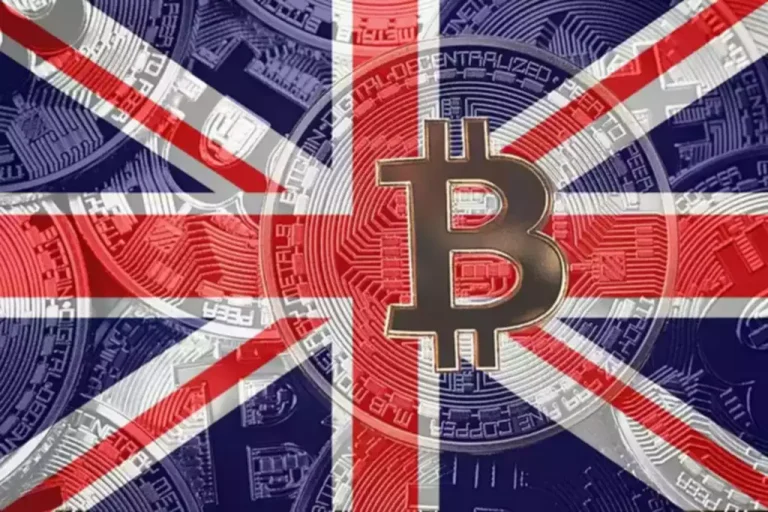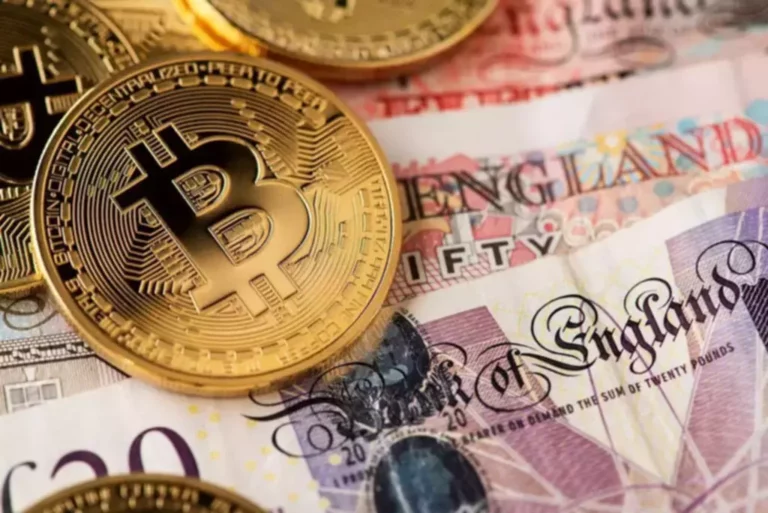In darkish pools, nonetheless, the order book is completely non-public, which means no participant can see different orders. Trades in dark swimming pools typically occur on the midpoint of the Nationwide Finest Bid and Provide (NBBO) — the typical between the best bid value and the bottom ask value in public exchanges. This midpoint pricing is useful because it ensures both the customer and the vendor obtain a fair market price. Operated by high-frequency trading corporations or electronic market makers, these dark pools use advanced algorithms and high-speed infrastructure to match trades efficiently.

How Dark Pool Trading Works?
The bulk of dark pool liquidity is created by block trades facilitated away from the central inventory market exchanges and carried out by institutional traders (primarily funding banks). To avoid Financial instrument the transparency of public exchanges and guarantee liquidity for big block trades, a quantity of of the investment banks established personal exchanges, which came to be often identified as darkish pools. For traders with massive orders who are unable to position them on the basic public exchanges, or wish to avoid telegraphing their intent, darkish swimming pools present a market of buyers and sellers with the liquidity to execute the trade.

Does Crypto Have Dark Pools?
Because massive HFT orders needed to be unfold out amongst a quantity of https://www.xcritical.com/ exchanges, the transactions inadvertently alerted trading rivals. Trading rivals would attempt to get in front of each other, racing to become the first place the order; this had the impact of driving up share prices. And all of this occurred inside milliseconds of the preliminary order that was placed. On the open market, giant block gross sales tend to decrease the inventory price, by rising the provision of the safety obtainable to trade. Dark pools allow large institutional holders to purchase or promote in large volumes, without broadcasting data that would have an effect on the wider market.
Generally, the shock of Covid-19 on financial markets negatively affects liquidity – in other words, the ability to commerce giant quantities of belongings promptly and with little or no influence on the price. The lack of transparency can even work against a pool participant since there is no assure that the institution’s trade was executed at one of the best value. A surprisingly massive proportion of broker-dealer darkish pool trades are executed throughout the pools–a process that is called internalization, even when the broker-dealer has a small share of the us market. The dark pool’s opaqueness can also give rise to conflicts of curiosity if a broker-dealer’s proprietary traders trade towards pool clients or if the broker-dealer sells special access to the dark pool to HFT companies. As dark swimming pools have grown in prominence, they’ve attracted criticism from many instructions, and scrutiny from regulators. For occasion, the shortage of transparency in darkish swimming pools and the exclusivity of their clientele makes some traders uneasy.
This assertion is commonly primarily based on the reality that institutional traders and traders use dark pools to execute their orders. The individuals of darkish pools are institutional traders who’re massive sufficient to be privy to inside gossip from firms. Data that the the rest of the general public doesn’t know but, or won’t ever even know. This gives dark pool merchants an “unfair” benefit over retail merchants as a result of they will know what’s prone to happen to safety before the relaxation of the world and double down on it to their benefit. In darkish swimming pools, buy and sell orders are matched internally within the pool, maintaining the anonymity of the participants.
Most of the time, darkish pool shares are owned by mainstream monetary companies similar to Morgan Stanley or the Ny Inventory Exchange (NYSE). However the distinction is that the id of the customers is hidden during the transactions. Darkish pools are privately organized and extremely advantageous to certain institutional traders like hedge funds who wish to stay nameless. Despite its menacing name, these exchanges are intently monitored and regulated by the Securities and Exchanges Fee (SEC) and need to comply with the fundamental trading laws to function. Due to the lack of institutional merchants in the cryptocurrency area, dark swimming pools have had a minor effect on cryptocurrency markets, but which may change sooner or later.
- Ask a question about your monetary state of affairs providing as a lot element as possible.
- The following subsections will delve into these criticisms and risks in more element.
- The laptop applications will execute huge block trades within fractions of seconds and ahead of other investors.
- A darkish pool is a personal financial forum or change largely utilized by institutional investors for trading financial instruments like securities and derivatives.
The SEC has also stepped up its scrutiny of dark pools because of complaints of unlawful front-running. Front-running happens when an institutional dealer enters right into a commerce in entrance of a customer’s order as a outcome of the change in the worth of the asset will doubtless end in a financial gain for the broker. With HFT, institutional merchants can execute their massive what are dark pool trades orders—oftentimes multimillion-share blocks—ahead of different buyers, permitting them to capitalize on fractional upticks or downticks in share costs. As quickly as subsequent orders are executed, HFT traders can shut out their positions and nearly immediately acquire income.
As A Substitute, they’re meant for institutional buyers who frequently place massive orders for his or her shoppers. The purpose is to avoid affecting the market when these massive block orders are placed. This allows them to make trades with out having to clarify their rationale as they look for consumers or sellers. Large, institutional buyers corresponding to hedge funds, may flip to darkish swimming pools to get a better value when shopping for or promoting large blocks of a single stock. Funding banks sometimes run dark pools, but some other institutions run them as nicely, including large broker-dealers, agency brokers, and even some public exchanges. Some trading platforms, where individual traders buy and sell stocks, also use darkish pools to execute trades utilizing a cost for order flow.
This is a useful trait, as their intentions to buy or promote massive amounts of an asset may have a detrimental impact on their trade before they have an opportunity to execute it. The integration of those technologies has improved the general effectivity of dark pools, allowing for faster and extra exact matching of orders. This technological evolution continues to form the landscape of darkish pool trading, making it more dynamic and efficient. Whereas post-trade reporting in dark swimming pools is topic to regulatory necessities for transparency, the delayed nature of these disclosures typically fails to address immediate market fairness issues. Dark pool buying and selling involves a complex mechanism the place various order matching methods are utilized.
On the other hand, the opacity of dark pool transactions can result in inefficiencies and potential mispricing, as individuals could not have access to the identical data. Darkish pools present access to a singular form of liquidity, especially for institutional merchants. The aggregation of orders from totally different market participants allows for the execution of large transactions that would be troublesome or costly to hold out within the public market. These algorithms think about the pool’s order varieties, prices, and out there liquidity. Since darkish pools sometimes execute trades at the most advantageous value, the algorithms prioritise truthful matching, typically without revealing the parties’ identities.
The SEC has implemented several guidelines to increase transparency in dark pool trading and prevent fraudulent actions. They require darkish swimming pools to register with them and adjust to the same regulatory requirements as public exchanges. They additionally require dark pools to disclose details about their buying and selling practices and the forms of individuals they permit to commerce in their swimming pools. Dark pool appeal to high-frequency merchants seeking to reap the advantages of market inefficiencies since they operate in secrecy. They are be factored into the general market worth of a stock since dark pool trades aren’t reported to public exchanges, which lead to discrepancies between the public change worth and the true market worth.
